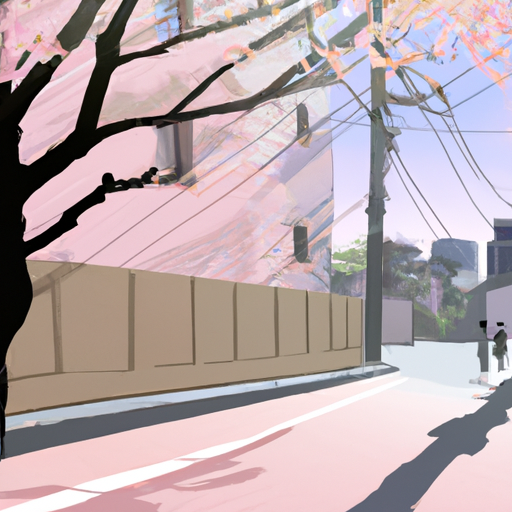This news article explores the self-awareness and acceptance among descendants of nuclear bomb survivors, referred to as "Second Generation Exposed," who have been diagnosed with Leukemia. The piece delves into their experiences, struggles, and the historical and societal context surrounding their lingering health issues.
In Japan, the survival stories and physical repercussions following the nuclear bombings of Hiroshima and Nagasaki during World War II have significantly influenced public perception about nuclear radiation and health. Many individuals continuing to suffer from the radiation exposure include not only the survivors but also their descendants. Society and community movements historically value support, acknowledgment, and avowing the stories of these victims and their subsequent generations.
In contrast, the U.S. or EU countries have few historical incidences of mass radiation exposure. Nuclear weapon test fallout or nuclear power plant accidents have sometimes raised concerns, but their society-wide health impacts have been less prevalent than in Japan. These regions primarily handle similar issues through research, public health campaigns, victim compensation, and regulations to stop further nuclear accidents.

